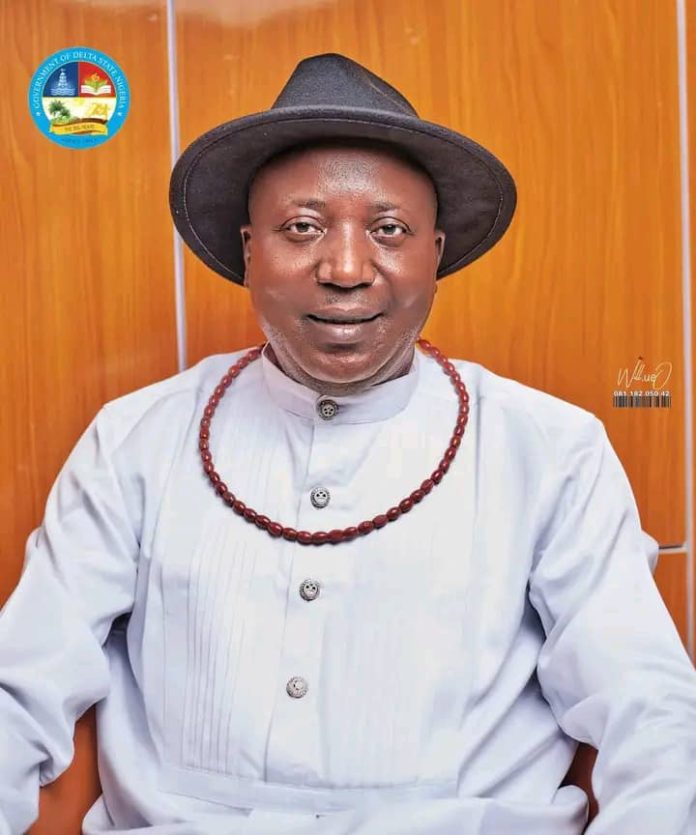BY IFEANYI UWAGWU
In addressing the challenges of drug abuse, cultism, and other social vices on campus, the Delta State Commissioner for Higher Education, Prof. Nyerhovwo Tonukari has urged students in higher institutions, to emulate Governor Sheriff Oborevwori in his pursuit to promote meaningful development and realistic reforms in the education sector in the state.
Prof. Tonukari said this during a one-day sensitization seminar on the effects of drug abuse, cultism and other social vices in higher institutions, held at the State University, Abraka, with the theme, “The Dangers of Drug Abuse, Cultism, and Other Social Vices in Higher Institutions: The Role of Student Leaders in Curtailing the Ugly Menace.”
Prof. Tonukari while delivering his lecture, underscored the power of education as a tool to combat social vices. He encouraged student leaders to engage their peers in discussions about the dangers of drug abuse and cultism, pointing out that awareness can lead to informed and responsible decision-making.
The Commissioner noted the critical role that leading by example plays in student leadership. By embodying values of discipline, academic dedication, and social responsibility, he said, student leaders can set a standard for their peers to follow, helping to create a campus culture that prioritizes excellence and discourages harmful behaviors. He emphasized that actions speak louder than words and encouraged the student leaders present to be role models in all aspects of campus life, he said.
Touching on Nigeria’s demographic growth and the importance of resilience, the Commissioner reminded participants of the country’s rapid population increase from 45.1 million in 1960 to approximately 220 million today, whilst expressing optimism for the future despite the many challenges facing the nation, noting the achievements of past generations and the current administration’s commitment to education.
Citing Governor Oborevwori’s efforts to strengthen higher education in Delta State, he mentioned the recent employment of 600 new lecturers and staff, as well as the development of a new campus at Oreropkpe.
He highlighted the importance of promoting positive influences over negative narratives, drawing inspiration from the MORE Agenda, as he urged students to focus on meaningful development, equal opportunities, realistic reforms, and peace-building within their campus communities, stressing that by aligning with these ideals, student leaders could make a lasting impact on their peers and contribute to a supportive campus culture.


